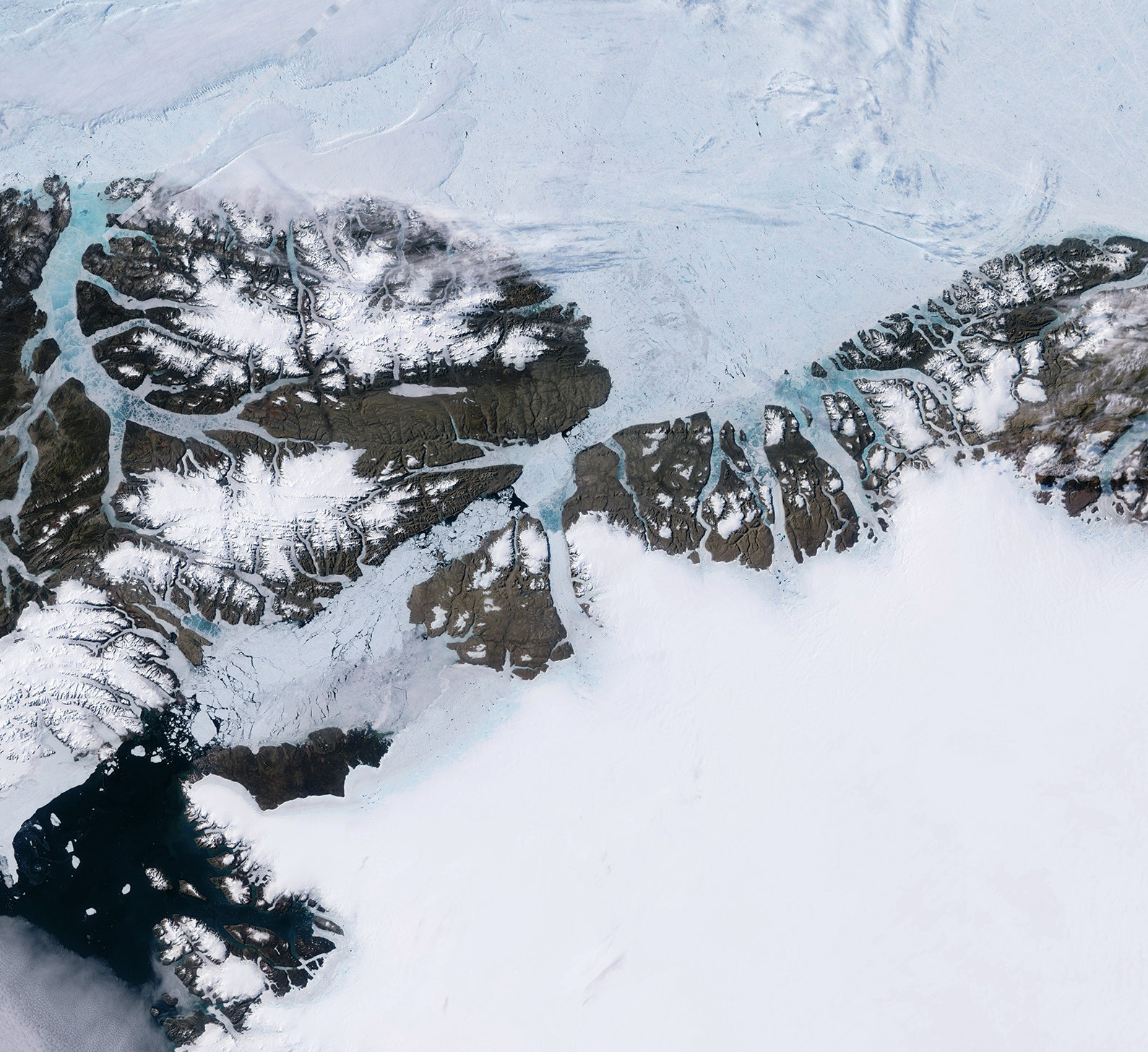
Since the 1970s, scientists have accumulated a vast amount of evidence showing that global temperatures are rising and that human activity has almost certainly contributed to this warming (see Box 1). Growing use of fossil fuels since the Industrial Revolution in the nineteenth century has meant that greenhouse-gas concentrations in the atmosphere have risen sharply. These greenhouse gases absorb solar energy when it is emitted back from the Earth’s surface as long-wave radiation.
As the Earth’s atmosphere warms, the changes impact on many natural processes. Although the increase in average global temperature over the past 100 years appears relatively small (0.89ºC), it has already affected weather patterns, caused sea-level rise and begun to melt glaciers and polar ice sheets. A warming world will lead to many changes in natural systems, and it will inevitably affect us.
Your organisation does not have access to this article.
Sign up today to give your students the edge they need to achieve their best grades with subject expertise
Subscribe




